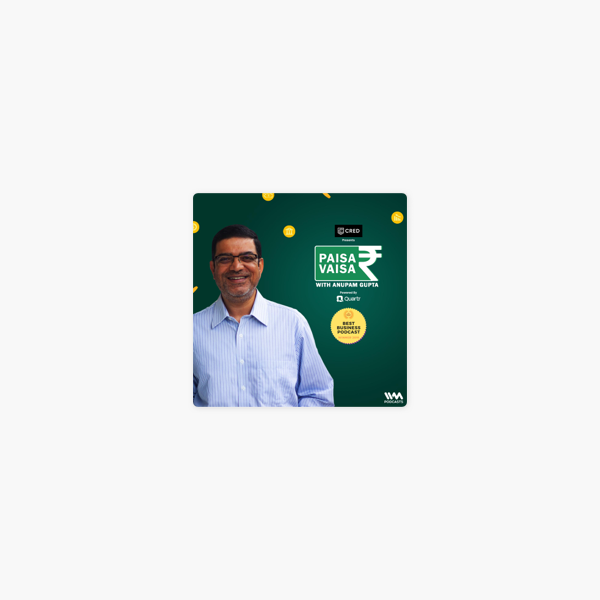The Phenomenon of House Poverty
The Phenomenon of House Poverty
Homeownership has been at the center of every American dream for the past few decades. The conventional belief is that buying a home always turns out to be a good investment in the long run. This is the reason why owning a home is considered to be one of the biggest and the most important step which needs to be taken in the life of an individual. There is parental and societal pressure to own a home at any cost. Also, governments all over the world encourage people to own a home by giving tax breaks. Over the years, homeownership has transformed from being a financial decision to a cultural decision.
The pressure to own a house combined with government schemes has created a market where a lot of people want to own a home. Also, with quantitative easing, low-interest rates, and loose monetary policy, the market is flush with funds to enable this dream. However, the problem is that the prices of homes have grown exponentially in the given years. As a result, many people spend too much money on buying a home. This has created a situation wherein the mortgage debt has caused an economic imbalance in the overall budget of these investors. This situation is so prevalent that it now has a name. People who buy too many houses are now known as being “house poor.”
In this article, we will have a look at house poverty and explain how it impacts the overall finances of a person.
What Does it Mean to be House Poor?
Being poor is a situation wherein a person makes less income. As a result, they are not able to meet their financial need. However, that is not the case with “house poor.” House poor are people who earn a decent income. In most cases, these investors earn an income that is close to the median income. However, there is a problem with the way they spend their income. They spend a disproportionate amount of their income on homeownership related expenses such as mortgage payment, home insurance, property taxes, repairs, and upkeep, etc. Generally, it is advised to keep mortgage payments at less than 25% and total debt at less than 40% of the person’s annual income. However, investors who are house poor spend as much as 70% of their overall income on making mortgage payments.
Since they spend so much money on this “asset” called their home, they find it difficult to meet other discretionary expenses. Since the people are poor because of owning a home, they are called as being “house poor.”
House poverty may be the result of buying a house for personal use. Alternatively, it could also be the result of buying several rental properties that are not cash flow positive and hence eat into the income of the investor.
Why do People end up Being House Poor?
There are several reasons why people end up house poor. A couple of important ones have been listed below:
- Some people have the belief that housing only goes up in value over a given time frame. This is the reason why they want to invest as much of their money in the housing market as possible. This thought process causes them to buy more house than they can afford and hence makes them house poor.
- In some cases, both spouses are working, and the higher mortgage payment makes sense. However, if one spouse stops working due to some reason such as childbirth, then the mortgage payment becomes too much, and the people become house poor.
- In some cases, people are laid off, and their income reduces over time. As a result, the mortgage payment that was affordable previously ends up making them house poor over time.
The Impact of Being House Poor
There are some people who believe that being house poor is alright since the money is going into a forced savings account. However, that is not the case. Most of the money paid in the initial years towards a housing loan goes towards interest payments. Hence, that money is spent forever, just like the money spent on taking a vacation or buying luxury goods. The money will only come back if the house appreciates, which may be uncertain. Hence, being house poor is as bad as spending too much on vacations or luxury products. Here are some of the side effects of being house poor.
- Impacts Retirement Plans: An average person is supposed to save for their retirement in a separate account such as 401(k). However, people who are house poor do not have any money left for making such investments. They are totally dependent upon the value of their house. Only if the value appreciates significantly will they be able to retire with their finances intact.
- Impacts Kids College: There are several investors who have not been able to set money aside to send their kids to college. This is largely because of the fact that most of their money has gone towards mortgage payments.
- Impacts Discretionary Spending: Most people who are house poor will not have any money left for reasonable discretionary expenses such as entertainment. This has a severe impact on the quality of life experienced by the investor. They have to continually stay in a state of deprivation just to finance the house.
The bottom line is that housing can be a good investment in many cases. However, this may not always be true. Hence, it is important to ensure that one investment is not causing the investors’ financial portfolio and even their life to become lopsided and unbalanced.


/482149785-F-56a82ee95f9b58b7d0f15dba.jpg)







